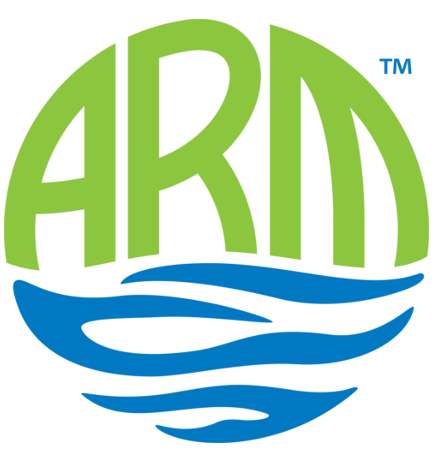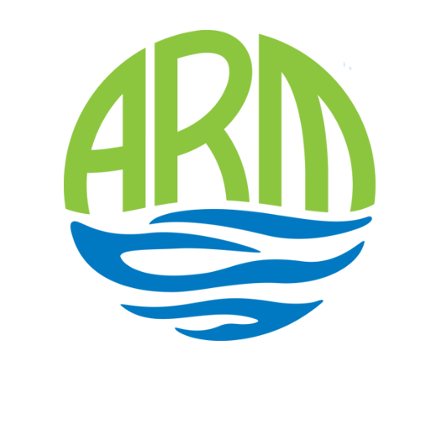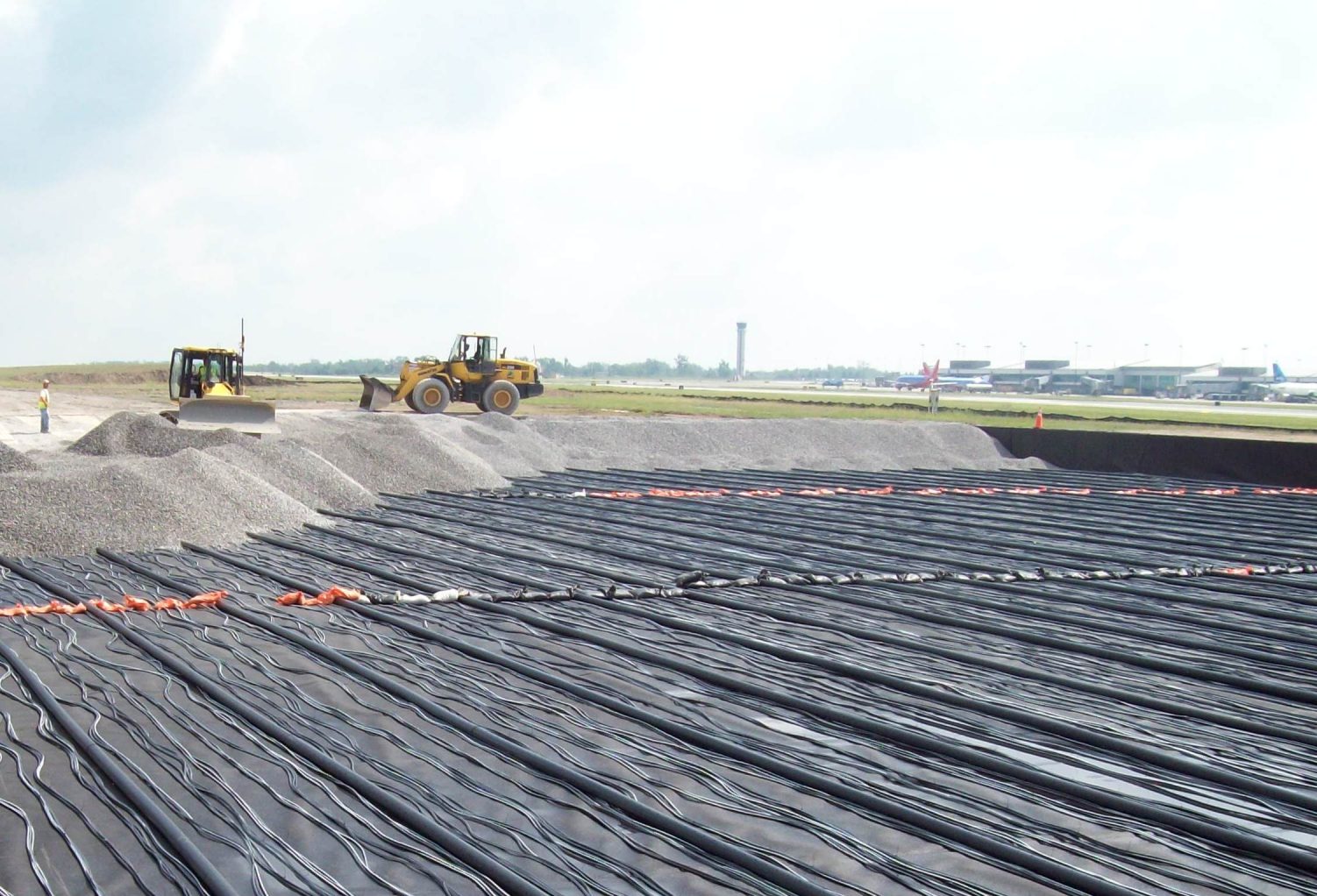With Autumn upon us and temperatures beginning to fall, airports are hurriedly putting their final touches on their winter operations plans to make sure that they are prepared for whatever the UK weather can throw at them. Following another weekend of the British tabloids forecasting severe winter weather, heavy snow and possible widespread travel disruption this winter, our R&D manager Andy Freeman explains how the services and technologies offered by ARM Group Ltd can help airports to meet their environmental obligations and corporate and social responsibilities.

British tabloids are again reporting one of the coldest winters in decades. Date 06/10/2019
Safety and Environmental Concerns
Frozen particles on aircraft surfaces pose a serious safety hazard by potentially disrupting airflow and reducing aircraft lift on take-off: a phenomenon that has caused several catastrophic high-profile accidents throughout the history of aviation. To mitigate such hazards, aviation regulations require all aircraft surfaces to be free of frozen contamination prior to take-off, which is typically achieved by the application of aircraft de-icing and anti-icing fluids (ADF). Furthermore, teams of airport ground staff work around the clock applying large volumes of pavement de-icing fluids to taxiway and runway surfaces to maintain friction for arriving and departing aircraft.
These chemicals are deposited widely across airport catchments, subsequently being washed off during rainfall events and generating large volumes of contaminated storm water runoff that must be responsibly and sustainably managed prior to release into the environment. De-icing chemicals are manufactured primarily from organic compounds that are biodegradable and have an extremely high oxygen demand that can deplete dissolved oxygen concentrations within receiving waters. This poses a significant threat to the quality of freshwater ecosystems if discharged into without appropriate treatment. This is where Aerated Wetland technology and the services provided by ARM Group Ltd can really help.
Aerated Wetlands for De-icer Treatment
Aerated wetlands containing forced bed aeration (FBA™) are on site biological treatment systems especially effective at removing oxygen consuming compounds such as glycols, acetates and formate. Aerated Wetland technology can be fully integrated into airport de-icer management systems and can provide low cost, low OPEX sustainable treatment of highly variable low temperature wastewater. Aerated Wetland technology delivers a consistently high-quality treated effluent that can be discharged into receiving waters within environmental permitting regulations removing the need for expensive and operationally intensive on-site treatment technologies or costly trade effluent discharge tariffs.
Having worked on several international airport de-icer treatment projects, and published peer review papers on the subject, ARM Group Ltd have the experience and expertise to provide a full range of consultancy, design, construction, refurbishment and maintenance services relating to the use of Aerated Wetland technology.
In 2010/11 ARM collaborated with Heathrow Airport Limited to carry out full scale trials comparing the existing passive wetlands to those converted to operate with Aerated Wetland technology. The trial was so successful, demonstrating that de-icer removal was more than fifteen times greater in the reed beds operating with Aerated Wetland technology compared to the existing passive wetland, that Aerated Wetland technology was installed by ARM Group Ltd to treat very high volumes of de-icer contaminated storm runoff from the entire 290ha Southern Catchment of Heathrow Airport.
Aerated Wetland technology is currently being used to successfully treat de-icer contaminated run-off at several airports worldwide including; Heathrow Airport, Buffalo Niagara International Airport in Buffalo, New York, MacArthur International Airport in Islip, New York, Gerald Ford International Airport in Grand Rapids, Michigan and Edmonton International Airport in Alberta. A new Aerated Wetland system is currently being constructed at Helsinki Airport.
As winter fast approaches, every airport will develop a winter operation plan unique to the particularities and constraints of their site to ensure that they meet their corporate and social responsibilities and safety and comply with their environmental regulations. Aerated Wetland technology is a proven, cost-effective and sustainable component of these plans being able to handle the strength and variability of airport stormwater runoff and consistently deliver high quality final effluent that can be discharged into receiving waters within environmental limits.
Please click here to visit the Aviation section of the ARM Group Ltd website for case studies and further information, and feel free to contact us should you require any further assistance.




